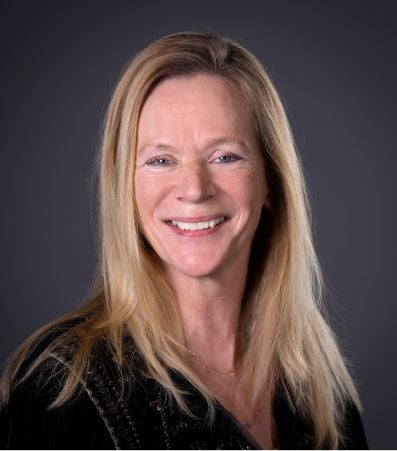Why did you decide to participate in the Inclusive Leadership program?
There were actually two reasons why I enrolled in this program. First, I was part of the STQ track and my project focused on increasing diversity within the Law Research track, with a special focus on attracting more first-generation students. I thought this program would help me better carry out this project. In addition, I had participated in the Light on Leadership in Education program last year and was looking for a leadership course I could take in addition to the STQ. The Inclusive Leadership program was perfect because of its relatively short duration.
What attracted you most to the program?
The program offered a lot of space to find answers to my own questions. As a result, I learned not only in what ways leaders can better deal with diversity, but also that leadership can be shaped in different ways. Because of the small group, there was also a lot of room for personal stories, which were very valuable because they confronted me with my own biases and provided opportunities to start the conversation about diversity. Finally, the course leader was empathetic and enthusiastic.
Are there any changes in your work that you attribute to participating in the program?
I was able to apply insights from the course directly when writing my STQ dossier. This allowed me to look at the situation of first-generation students within the broader framework of diversity at the university. Specifically, this means that there are often still invisible barriers for underrepresented groups in academia, even when there is apparent equality. It takes sensitivity to perceive those barriers and active policies to actually remove them.
To whom would you recommend this program and why?
In general, I would say that anyone who values diversity can learn something from this program. In particular, I think it is valuable for (future) leaders, as they can shape the ideal of a more diverse academic world in their choices and behavior. This course offers practical tools for this.
Do you have any tips for other course participants?
An open and curious attitude pays off: the more honest you are about your possible prejudices, the more you can learn from the course and your fellow students.
Read more about the course Inclusive Leadership - the Mixed Classroom Educational Model in leadership practice on the Centre for Teaching & Learning website.
Luigi Corrias on the Inclusive Leadership course
Luigi Corrias is associate professor of Philosophy of Law and briefly talks about his experiences with the course Inclusive Leadership - the Mixed Classroom Educational Model in leadership practice.

"I learned not only in what ways leaders can better deal with diversity, but also that leadership can be shaped in different ways."
